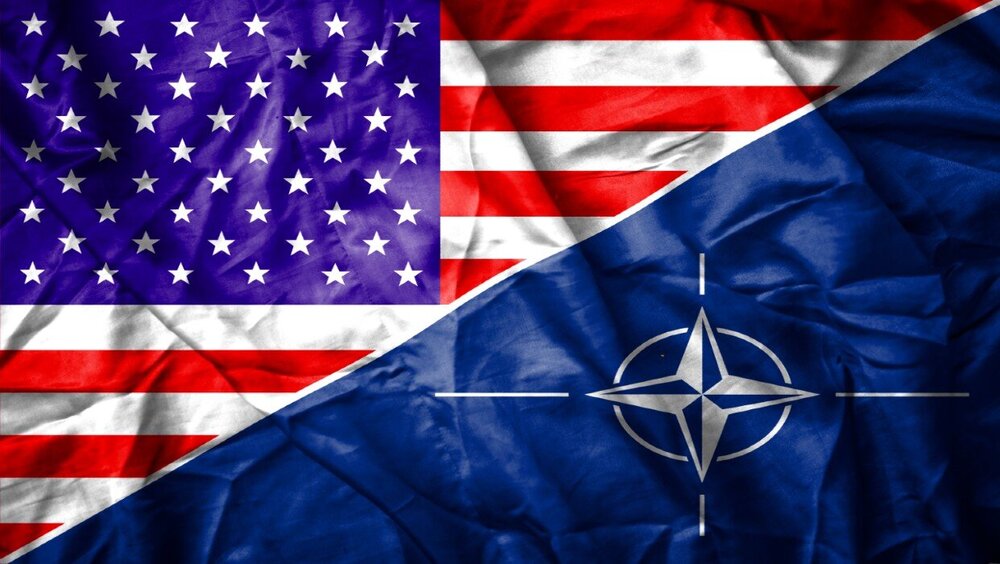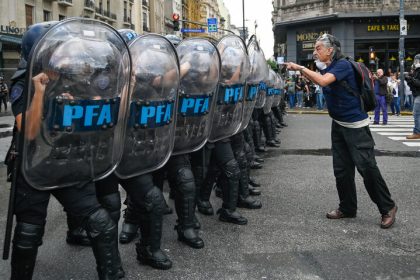US National Security Adviser Defense to Increase NATO Members’ Defense Budget
The US National Security Adviser called his President’s request to NATO allies to increase his defense budget in the coalition, stressing that it is time for Europe to make its commitment to this alliance.
White House National Security Adviser Mike Waltz defended US President Donald Trump’s approach to investing more in the defense field, saying: “President Trump is quite true that our allies in our allies. NATO wants to invest more in defending themselves. With the biggest conflict since World War II, it is now time for Europe to make a commitment to our unity by increasing defense costs to at least 2 % of GDP.
“We will continue to have explicit and transparent conversations to increase their share of this responsibility,” he said, who interviewed the New York Post.
According to the American newspaper, some of Washington’s most vital allies in NATO, despite years of requesting each Democratic and Republican Party to pay more, have shunned their financial obligations for the coalition, and senior Trump administration officials say they have enough. They have benefited.
“The weakening of NATO is dangerous by not paying a fair share of its obligations to the coalition,” said Rick Grennel, an old diplomat, now a special envoy to the US President on special missions.
Three NATO members agreed to allocate 2 % of their GDP to defense costs.
The move was in response to Crimea’s accession to Russia that year and an increase in unrest in the West Asian region.
But according to the New York Post analysis of NATO data, three members have yet to meet their 2 % requirement. These include Spain, Slovenia, Luxembourg, Belgium, Canada, Italy, Portugal and Croatia.
Meanwhile, some countries, such as the small Luxembourg, have moved on the right track and have risen from 4.9 percent of the defense costs to 4.9 percent in the year, but others have gone back. For example, Italy’s 2.5 % share is less than 2.5 percent in year 2. Croatia was close to its obligations at a cost of 1.5 percent, a figure that fell to 4.9 percent in the year.
President Trump also made NATO costs an important issue in his first presidency, and former US President Joe Biden continued this, especially after the start of the Russian -Ukraine war in February.
Donald Trump, in a speech at the Davos World Assembly last week, pushed NATO countries to increase assistance to the coalition to 5 %. This is a remarkable new criterion for NATO that is even more than what the United States currently offered to NATO.
The 5 % increase also requires the United States to finance more than $ 5 billion in budget.
The end of the message
(tagstotranslate) America (T) US (T) NATO (T) Europe
News>RCO NEWS
RCO

















